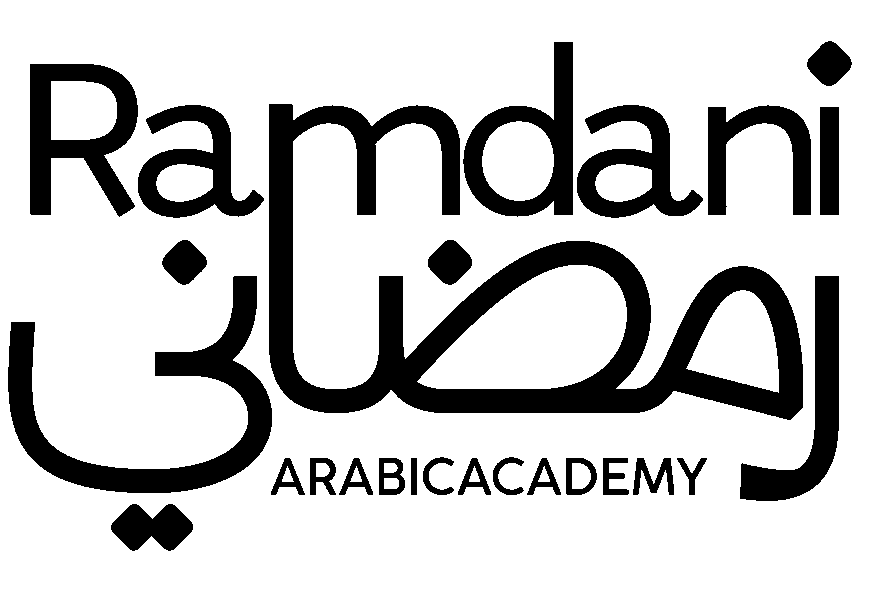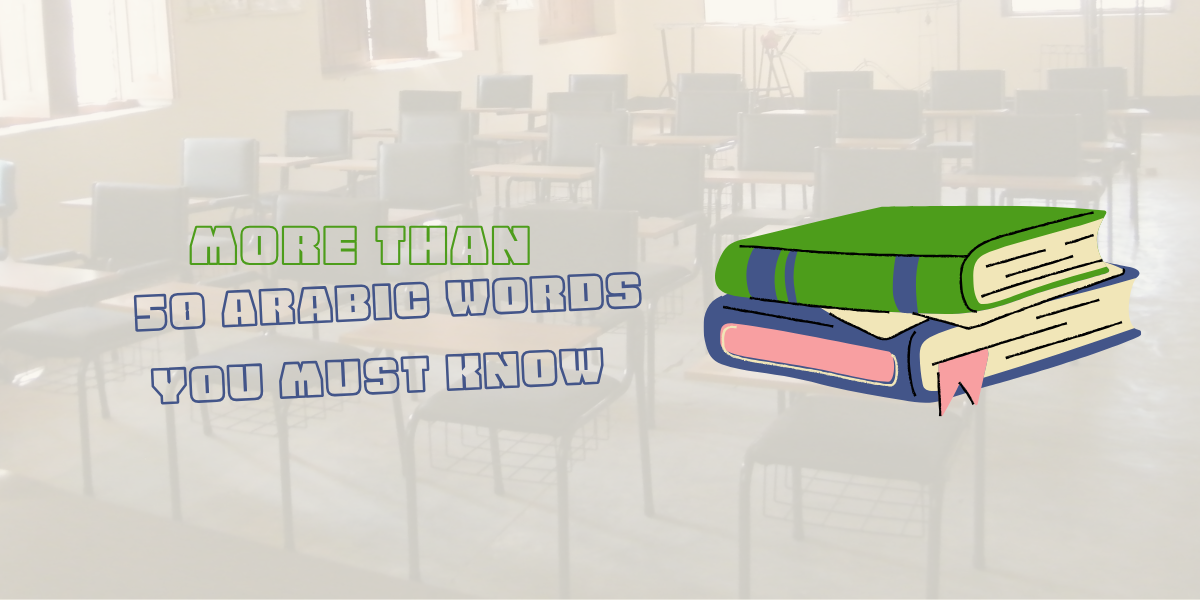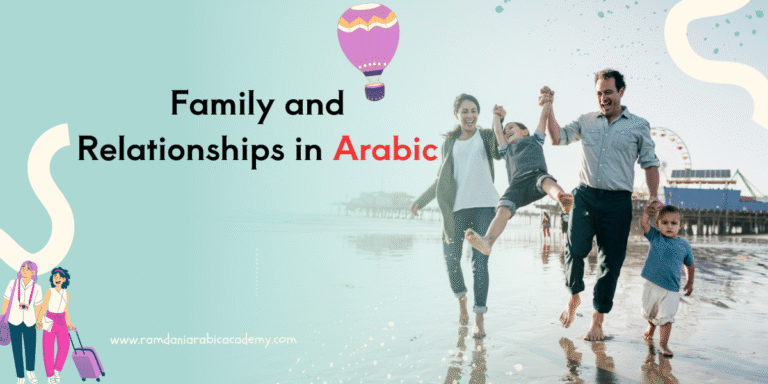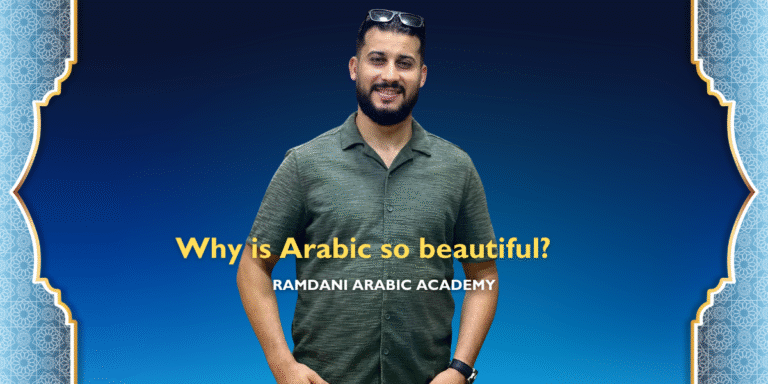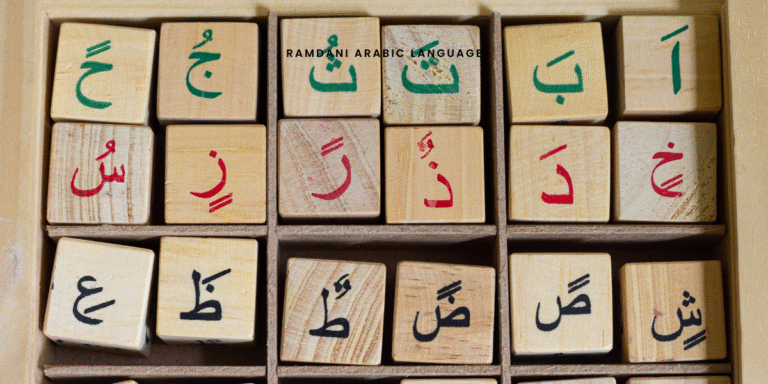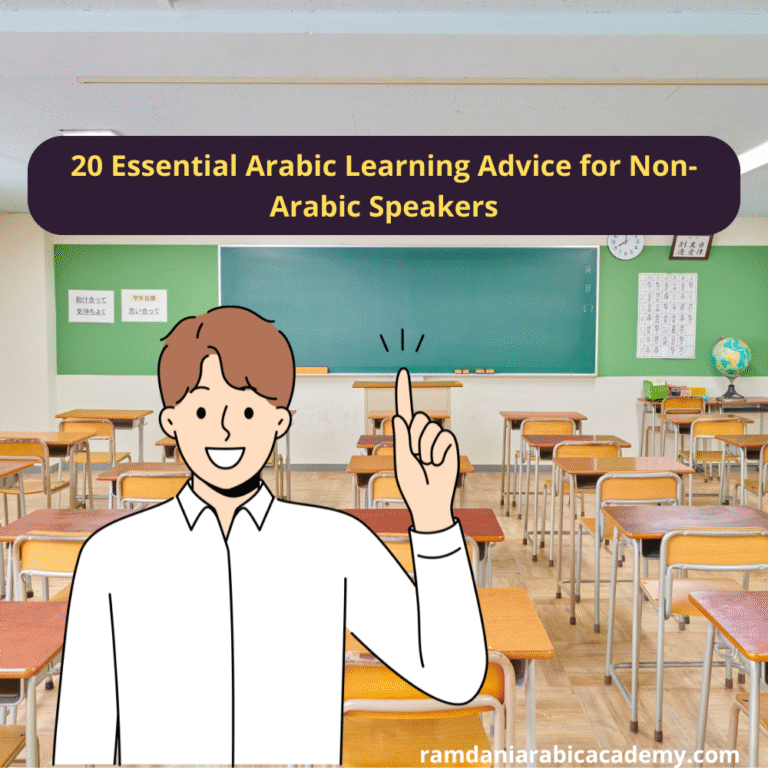Great Arabic Lesson : Words, Meanings, and Transliteration 2026
Arabic is one of the oldest and richest languages in the world. It is spoken by over 400 million people and has a deep history that stretches back thousands of years. Learning Arabic opens doors to understanding not just a language, but a culture, a heritage, and a way of thinking. For learners around the world, Arabic offers both challenges and rewards. Its script, pronunciation, and grammar differ from many other languages, but the effort invested is returned many times over in knowledge, communication, and connection.
The Arabic language is built on roots and patterns. Words in Arabic are not isolated units; they are part of a system that links meaning and sound. A single root can generate dozens of words, each with its own nuance. Understanding the roots gives learners a tool to decode the language and discover the logic behind words. This system makes Arabic both fascinating and structured.
Every word in Arabic carries meaning beyond its dictionary definition. Words reflect history, culture, and thought. For instance, many words are tied to the natural world, family, faith, or human behavior. Learning the meaning of words is only part of the process. Learners must also understand pronunciation, proper usage, and cultural context. This is where transliteration becomes valuable. Transliteration provides a bridge for learners who cannot yet read Arabic script. It helps with pronunciation, speaking, and confidence, allowing learners to practice words correctly from the start.
At Ramdani Arabic Academy, we aim to provide learners with tools to approach Arabic effectively. We focus on more than memorization. Our lessons, courses, and articles help learners connect words, meanings, and usage naturally. We believe that language learning is about experience, exposure, and practice. By breaking down words, showing their roots, meanings, and transliterations, learners can build a strong foundation in Arabic.
This article will guide you through a selection of Arabic words, explaining their meanings and providing transliteration. We will show how to understand words deeply and use them accurately. You will learn not only vocabulary but also a method to expand your knowledge consistently. Whether you are a beginner or an intermediate learner, this guide will give practical insights to enhance your Arabic learning journey.
By exploring Arabic words, you can see the beauty of the language in action. Words become tools, ideas, and bridges to communication. You will discover patterns that make learning faster and more effective. With dedication and the right resources, anyone can achieve proficiency and appreciation of Arabic. Ramdani Arabic Academy is here to support your journey, offering structured lessons, expert guidance, and practical exercises to make learning Arabic clear and achievable.
| The Arabic word | Meaning in English | Transliteration |
| سلام | Hello | Salam |
| كتاب | Book | Kitab |
| مدرسة | School | Madrasa |
| طعام | Food | Ta’am |
| بيت | House / Home | Bayt |
| شكر | Thanks / Gratitude | Shukr |
| صديق | Friend | Sadiq |
| ماء | Water | Ma’ |
| وقت | Time | Waqt |
| سعيد | Happy | Sa’id |
Vocabulary is the foundation of any language. Without words, you cannot express ideas, communicate with others, or understand written or spoken texts. In Arabic, this is especially true. The language has a rich and precise vocabulary, and each word can carry multiple meanings depending on context. Building a strong vocabulary is not just about memorizing words. It is about understanding them, knowing how to use them, and recognizing the patterns that connect them.
A wide vocabulary allows learners to communicate clearly and confidently. When you know the right words, you can express your thoughts without hesitation. You can write letters, have conversations, or understand articles and books. Even a few well-chosen words can make your speech more accurate and natural. For learners of Arabic, vocabulary gives access to both modern communication and classical texts. It bridges everyday conversation with literature, history, and culture.
Learning vocabulary also improves comprehension. When you read a sentence or hear someone speak, knowing key words helps you grasp the meaning quickly. In Arabic, many words share roots, so learning one word often helps you understand others. For example, the root ك-ت-ب relates to writing. From it come words like كتاب (book), كاتب (writer), and مكتبة (library). Understanding roots allows you to decode unfamiliar words and expand your vocabulary naturally.
Pronunciation and transliteration play a critical role in vocabulary learning. Correct pronunciation ensures that native speakers understand you. Transliteration helps learners who are not yet familiar with Arabic script to start speaking confidently. Combining meaning, usage, and pronunciation creates a complete understanding of each word.
At Ramdani Arabic Academy, we emphasize vocabulary as the core of language learning. Our lessons focus on practical words, their meanings, and usage. We provide examples and exercises to help learners remember and use words correctly. Vocabulary is not a separate skill; it is a tool that supports reading, writing, listening, and speaking.
Building vocabulary takes time and practice, but it is the most reliable way to progress in Arabic. By learning words systematically and understanding their context, learners gain confidence and efficiency. Strong vocabulary opens doors to communication, comprehension, and cultural insight.
| The Arabic word | Meaning in English | Transliteration |
| حزين | Sad | Hazin |
| فرح | Joy / Happiness | Farah |
| غضب | Anger | Ghadab |
| خائف | Afraid | Kha’if |
| مفاجأة | Surprise | Mufaja’a |
| سريع | Fast / Quick | Saree’ |
| بطيء | Slow | Batee’ |
| قوي | Strong | Qawi |
| ضعيف | Weak | Da’eef |
| جميل | Beautiful | Jameel |
Practical Advice to Memorize Vocabulary
Memorizing vocabulary is not just about repeating words. It is about creating connections that help your brain remember meaning, pronunciation, and usage. In Arabic, this process is especially important because of the script, sounds, and roots that may be unfamiliar.
Start with small, manageable groups of words. Trying to learn too many at once can be overwhelming. Focus on 5 to 10 words at a time. Repeat them aloud, write them down, and practice using them in sentences. For example, if you are learning words for emotions, try describing your day using those words. This reinforces memory through context.
Use repetition strategically. Revisit words regularly instead of cramming. Spaced repetition, reviewing words after one day, then three days, then a week, is one of the most effective ways to retain vocabulary. Flashcards, whether physical or digital, can help you organize and repeat words efficiently.
Connect words to real-life situations. Practice speaking with friends, writing simple sentences, or labeling items around your home with Arabic words. Associating words with experiences makes them easier to recall. For example, write ماء on a bottle of water or say أنا سعيد when you feel happy.
Understand the roots and patterns. Arabic words often come from a root that generates related words. Learning the root helps you guess the meaning of new words. For instance, knowing the root ك-ت-ب allows you to understand كتاب, كاتب, and مكتبة. This method makes learning faster and more logical.
Practice listening and pronunciation. Hearing words used correctly strengthens memory and prepares you for real conversations. Use audio from courses, apps, or native speakers. Repeat words aloud to match pronunciation. Transliteration can help at first, but aim to gradually read Arabic script fluently.
Finally, be consistent and patient. Vocabulary builds over time. Daily practice, even for 15 to 20 minutes, is more effective than long, irregular sessions. Track your progress and celebrate small achievements. Each word you learn is a step closer to fluency.
At Ramdani Arabic Academy, we provide structured exercises and examples to make vocabulary learning practical. We focus on meaning, usage, and pronunciation to help learners retain words effectively. By applying these strategies, learners can expand their vocabulary systematically and gain confidence in Arabic.
Benefits of Learning Arabic Vocabulary
Learning Arabic vocabulary brings practical and long-term benefits. Words are the building blocks of language. The more words you know, the more effectively you can communicate, understand, and engage with the world around you.
A strong vocabulary improves comprehension. Reading books, articles, or websites in Arabic becomes easier. You can follow conversations, understand news, or enjoy literature without constantly searching for meanings. Listening skills also improve because familiar words make spoken Arabic clearer and faster to process.
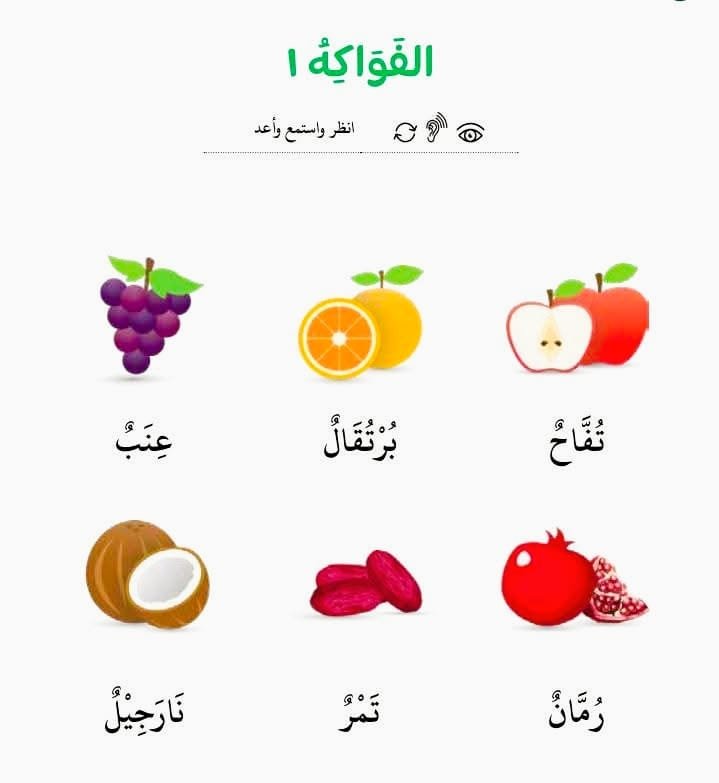
Vocabulary expands your ability to express yourself. With the right words, you can share your thoughts, feelings, and ideas accurately. You can describe situations, emotions, and experiences. You can ask questions and respond naturally. This builds confidence in both speaking and writing.
Learning vocabulary also connects you to culture and history. Arabic words often carry centuries of meaning. Understanding words opens a window into traditions, poetry, and religious texts. You gain insight into how people think, communicate, and live.
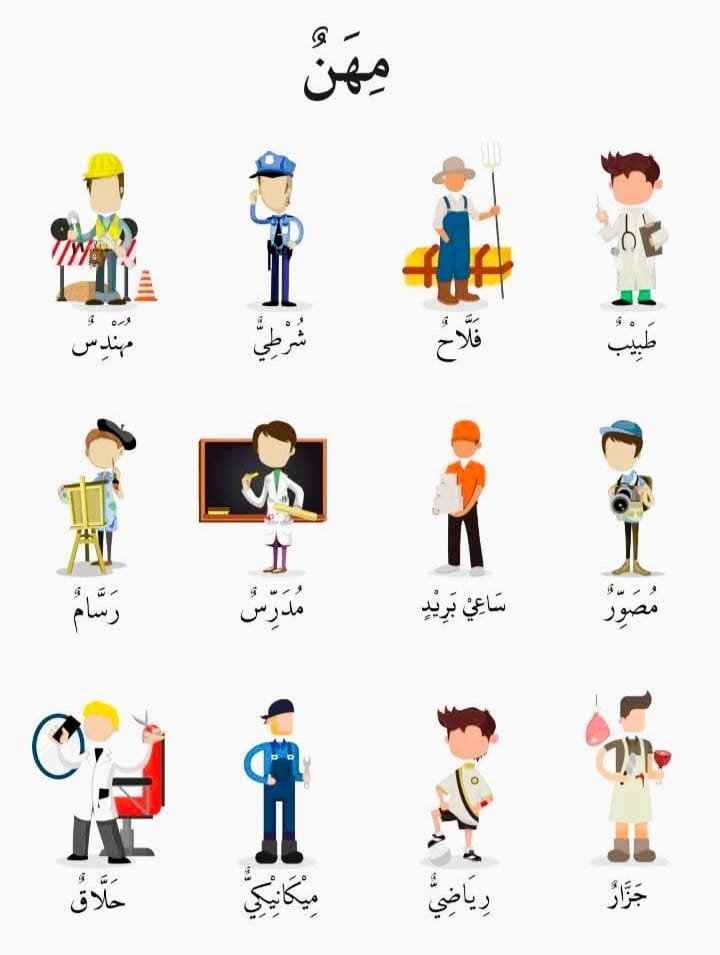
Practical benefits include travel and professional opportunities. Knowing Arabic words helps when traveling to Arabic-speaking countries. You can read signs, order food, ask for directions, or interact with locals. In professional contexts, vocabulary knowledge is essential for communication, presentations, and networking.
A rich vocabulary makes learning easier. Many Arabic words share roots. When you learn one root, you can often understand several related words. This pattern recognition speeds up learning and builds confidence.
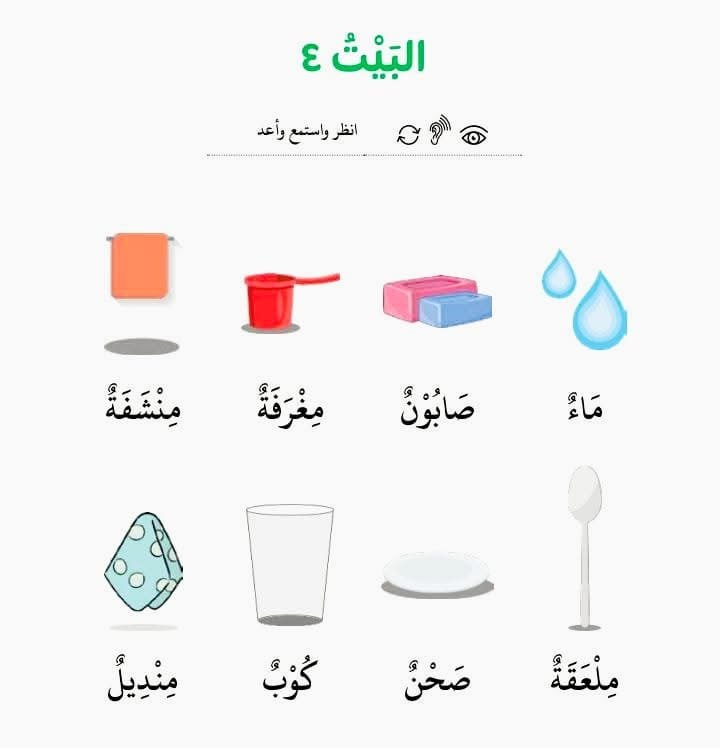
Learning vocabulary also enhances memory and mental flexibility. Memorizing words, practicing usage, and connecting meanings trains your brain. It strengthens focus, recall, and analytical thinking.
At Ramdani Arabic Academy, we emphasize vocabulary because it forms the foundation for mastering Arabic. Our courses, lessons, and exercises provide clear explanations, examples, and practical usage. Whether you are a beginner or advancing in Arabic, vocabulary learning is the key to progress.
By focusing on words, you gain not just language skills, but tools for communication, cultural understanding, and personal growth. Each word you learn brings you closer to fluency and deeper connection with Arabic-speaking communities.
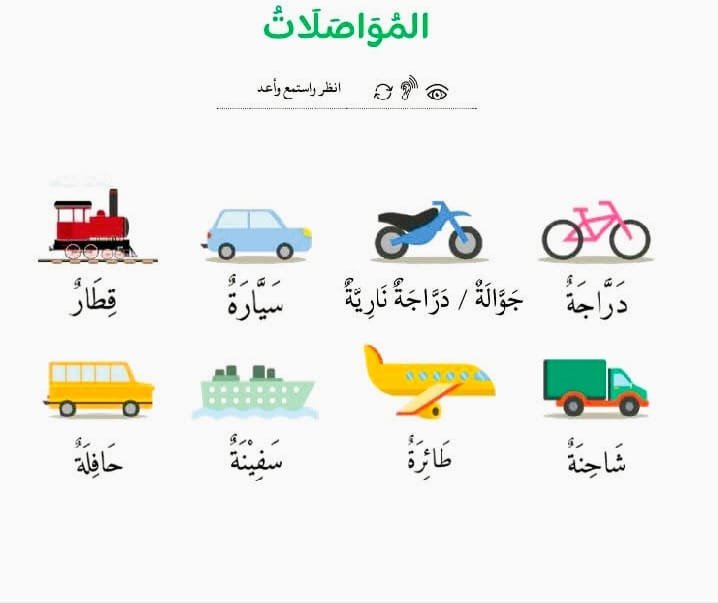
About Ramdani Arabic Academy
Ramdani Arabic Academy is dedicated to helping learners around the world master the Arabic language. Our mission is to make learning Arabic clear, practical, and engaging. We focus on more than memorizing words or grammar rules. We aim to build a strong foundation in vocabulary, pronunciation, and real-life usage.
The academy offers a variety of resources. Learners can access lessons, courses, and articles designed for beginners, intermediate, and advanced students. Every lesson includes explanations, examples, and exercises to help learners understand and use Arabic effectively. Transliteration is included when needed to assist those not yet familiar with Arabic script.
We emphasize vocabulary because it is the foundation of communication. Our courses show words in context, explain their meanings, and provide practical examples. Learners gain not just individual words, but the ability to form sentences, express ideas, and understand spoken and written Arabic.
At Ramdani Arabic Academy, we also focus on cultural insight. Learning a language is more than grammar and words. Understanding culture, expressions, and common usage allows learners to communicate naturally and confidently. Our content connects language with real-life situations, helping learners use Arabic in conversation, travel, study, and professional environments.
The academy is built for learners worldwide. Whether you study at home or on the go, our online platform provides structured lessons and flexible schedules. Students can progress at their own pace while accessing the guidance and resources needed to succeed.
Ramdani Arabic Academy is not just about learning a language—it is about creating connections. Our goal is to empower learners to communicate, understand, and engage with Arabic in meaningful ways. With structured guidance, practical exercises, and expert support, students can reach fluency efficiently.
Learning Arabic is a journey, and the academy is a partner on that journey. By combining vocabulary, pronunciation, usage, and cultural understanding, Ramdani Arabic Academy provides a complete approach to mastering Arabic.
